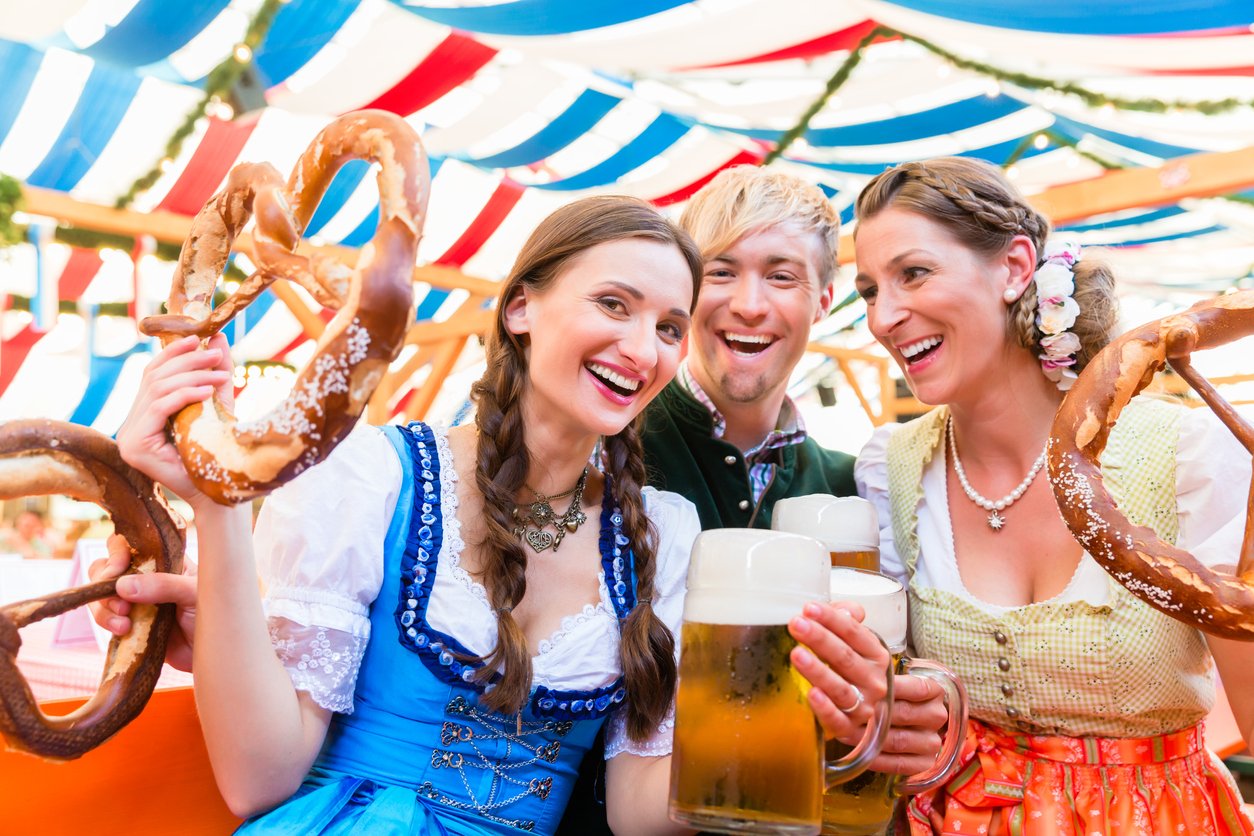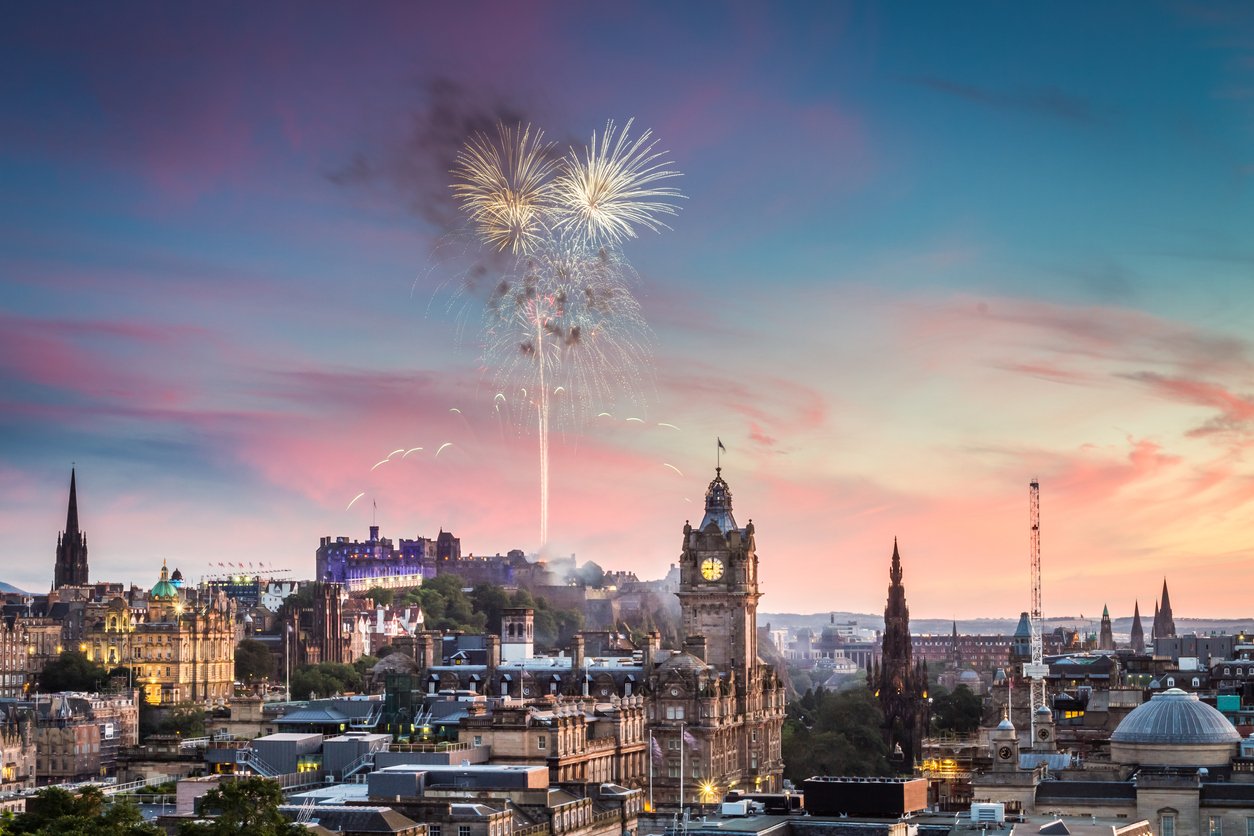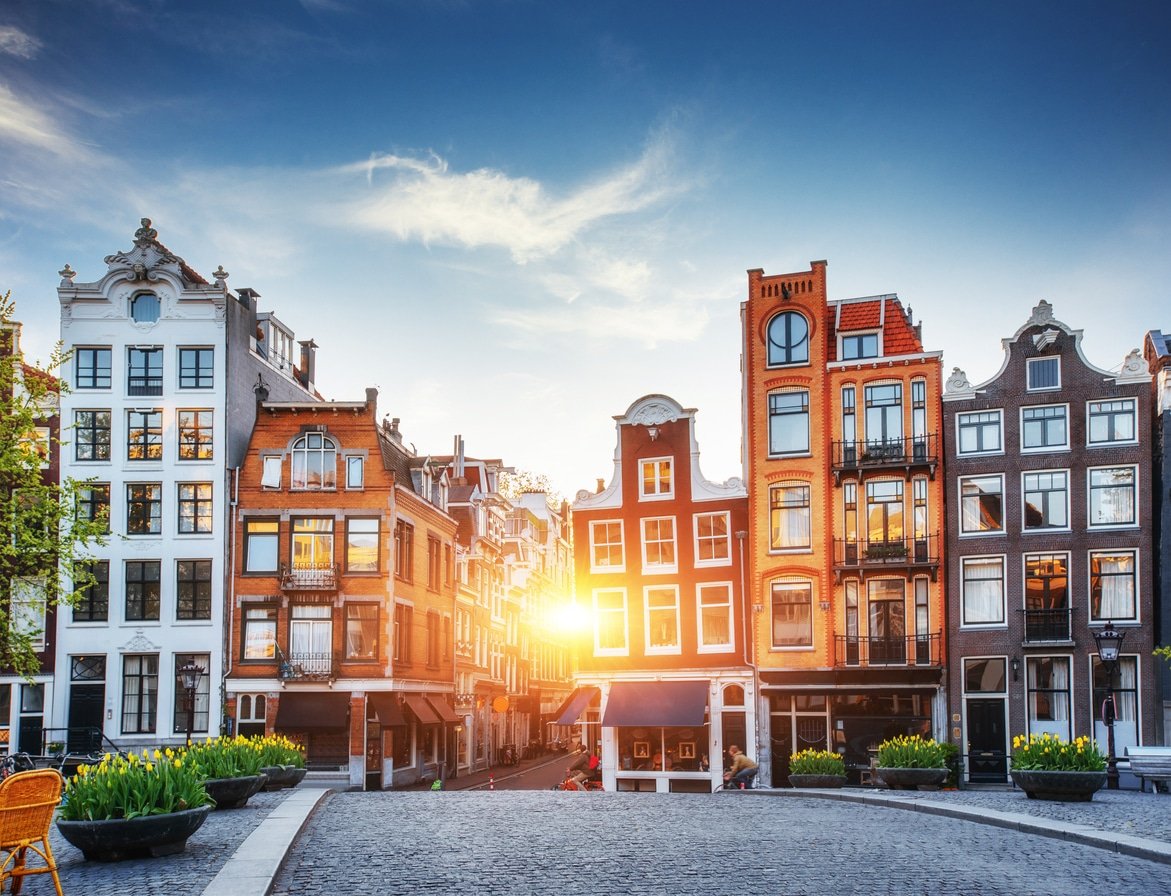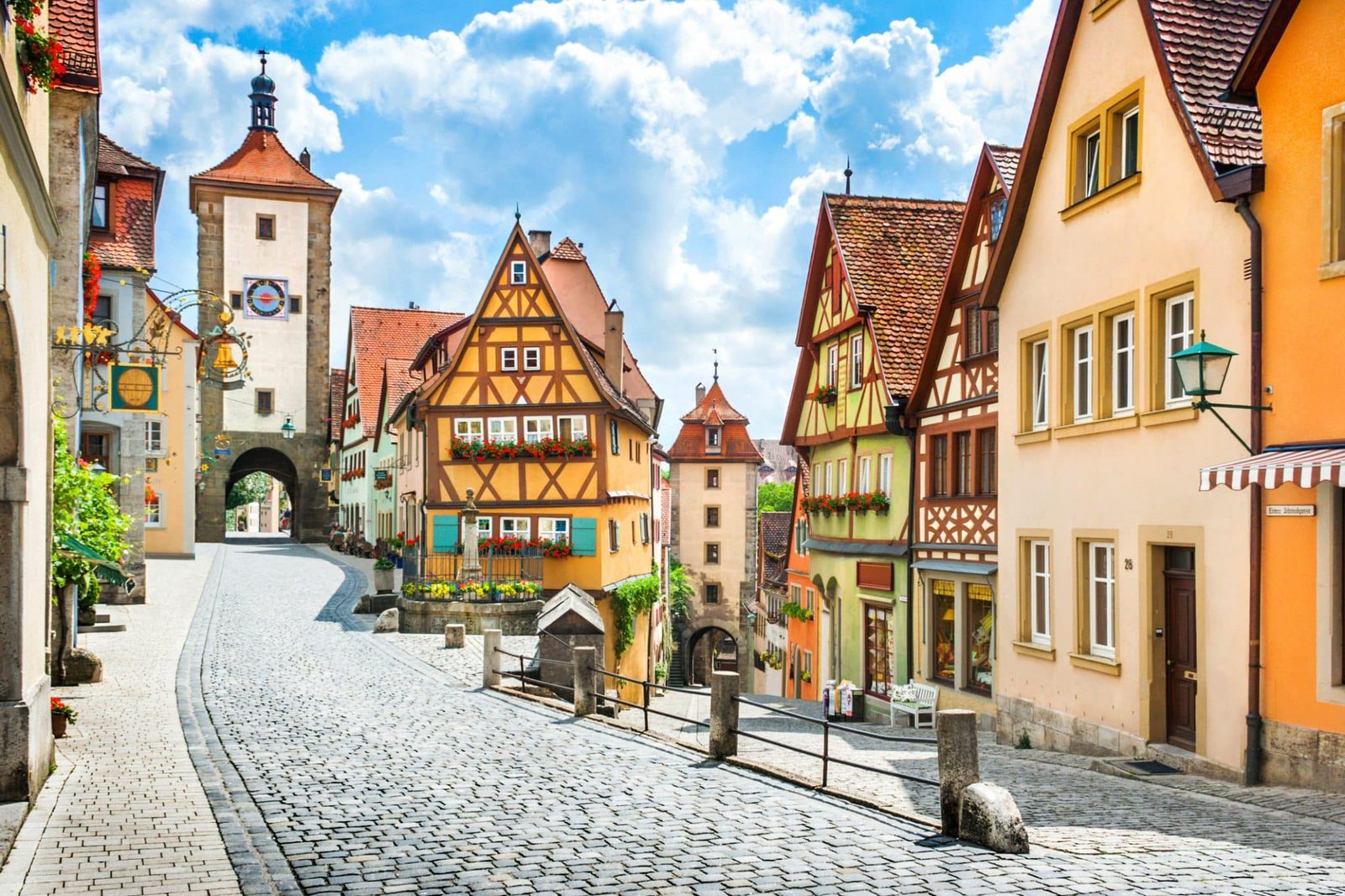Berlin vs Munich: The Honest Comparison To Help You Choose!
|
Prefer listening over reading? We got you covered!
Getting your Trinity Audio player ready...
|
Planning a trip to a big German city, but can’t decide between the country’s historic capital of Berlin or the beating heart of Bavaria – Munich? If so, you’re not alone. A lot of travellers struggle to choose between Berlin and Munich. And, given the fact that these cities are over 300 miles apart, it’s not like you can quickly hop from one to the other.
Instead, most travellers will simply have to decide on a single city to visit. But which one should you choose? Berlin has a lot going for it as the biggest and busiest city in the country, with extraordinary, iconic historic landmarks, like the remnants of the Berlin Wall and the world-renowned Reichstag.
But then there’s Munich, the Bavarian capital. Often associated with bratwursts and beer, thanks to its legendary Oktoberfest celebrations, this city is surrounded by dramatic mountains and forests, giving it a totally different vibe to Berlin, while also boasting a fantastic culinary scene, historic castles, breweries, and museums galore.
In short, both of these cities have so much to offer and can both fit the bill if you’re looking for a thrilling German adventure. However, they also have some notable differences, and one of them might be better-suited to your tastes and desires than the other.
This guide is here to help you choose. Below, we’ll put Berlin and Munich side-by-side, comparing them in a range of key categories. We’ll look at their most famous and popular attractions, their nightlife scenes, culinary vibes, average costs, and even the weather to help you determine which city is just right for your next trip.
Contents:
- A Quick Overview Of Berlin vs Munich
- Which Has The Best Weather?
- Which Is Best For Activities?
- Which Is Better For Festivals And Live Entertainment?
- Which Is Better For Shopping?
- Which Is Better For Nightlife?
- Which Is Better For Food?
- Which Is Best For Families?
- Which Is Best For Couples?
- Which Is Best For Backpackers?
- Which Is Cheapest?
- Berlin vs Munich: Which Is Better?
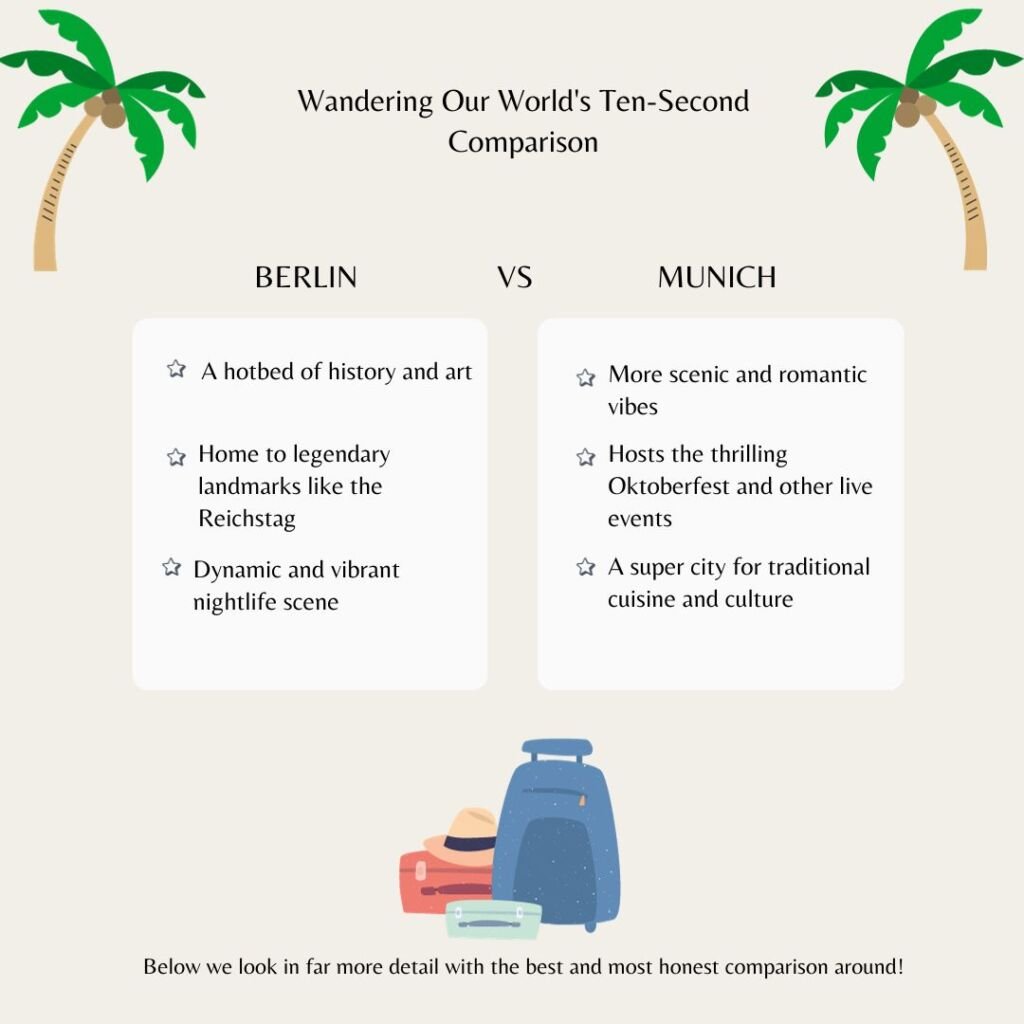

A Quick Overview Of Berlin vs Munich
Berlin: A Quick Overview
Berlin is both the biggest city and the capital of Germany. It also happens to be the biggest city in the entire European Union, with a colossal population of more than 3.85 million people. That makes it significantly bigger than Munich. Location-wise, Berlin is found in the northeast part of Germany, not all that far from the country’s border with Poland.
The official history of Berlin goes all the way back to 1237, when it was founded. The founders built this city at a key strategic location, where two prosperous trade routes passed over one another. Thanks to this, Berlin rapidly grew into a prosperous trade hub, serving as the capital of multiple kingdoms and empires as the centuries passed.
These days, Berlin is best-known as the cultural, financial, and political center of Germany, with a powerful economy and great influence in Europe. It’s also famed for its iconic Berlin Wall, which split the city in two after World War II, but was famously torn down in 1989. Many people visit Berlin purely to see what’s left of the wall and feel the powerful echoes of the city’s past.
But there’s much more to Berlin than the remaining pieces of its fabled wall. This city also boasts many other interesting landmarks, like the Reichstag, along with fun family attractions, a fantastic array of restaurants, a dynamic nightlife scene, and plenty more, making it one of the best European capitals for a thrilling city break.
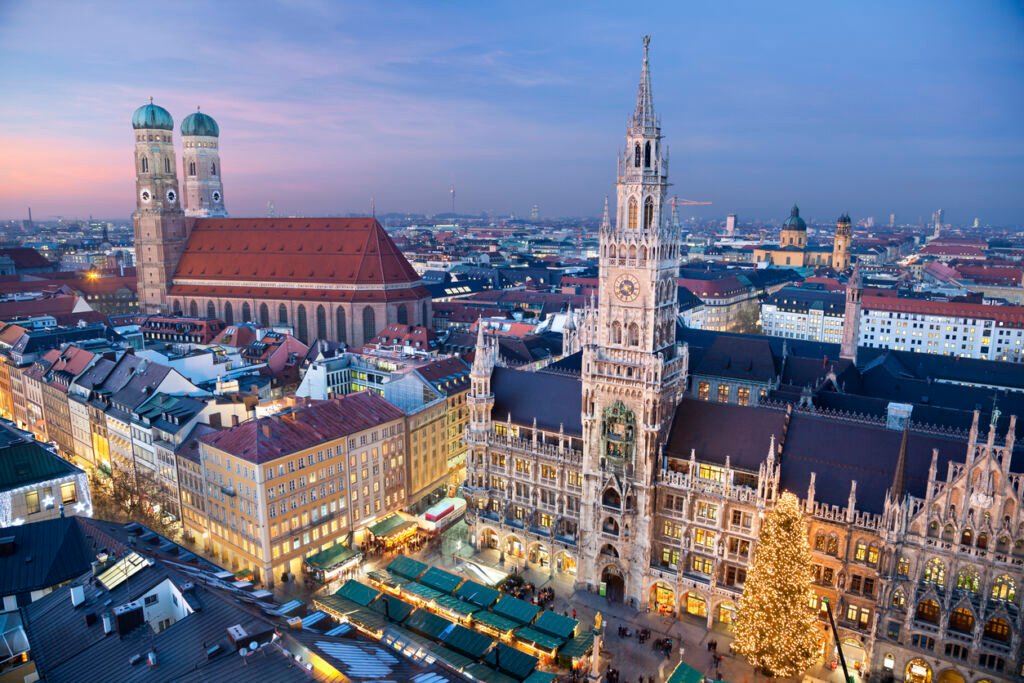
Munich: A Quick Overview
Munich, or München in German, is the capital city of Germany’s Free State of Bavaria, which is the country’s largest state. It has a population of close to 1.6 million people, making it the third biggest city in Germany. It’s located in the southeast part of the country, not far from the border with Austria.
The origins of Munich aren’t clear, but records show that it was first mentioned back in 1158. It was founded beside the River Isar, not far from the Alps, and it came to prominence in the 16th century as the capital of the newly-reunited Bavaria. In the centuries after that, the city grew enormously, becoming a leading European hub of art, culture, and science.
In the modern era, Munich continues to be a leading European force in fields like science, technology, and business. It’s also one of Germany’s most diverse cities, one of the world’s most livable locations, and a prime touristic spot, famed across the globe for its sporting events, cultural activities, gorgeous architecture, and Oktoberfest festivities.
Despite being a big, bustling, lively place, Munich feels very different to Berlin. Many people say that it almost seems like a small-town in many ways, with a very charming and safe ambiance, making it pleasant to walk around at night. It’s also known for its multitude of museums, pretty churches, theaters, and distinct, Bavarian culture.
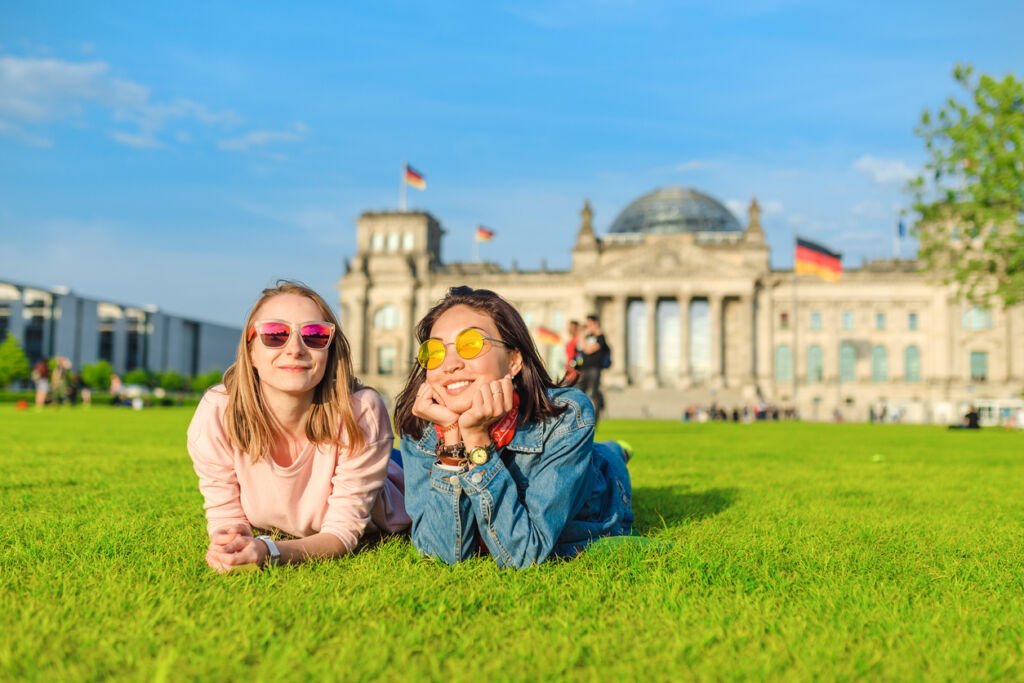
Which Has The Best Weather?
Since they’re at opposite ends of Germany, Berlin and Munich have slightly different weather conditions. They’re not too dissimilar to one another, with generally warm, comfortable summers and cold winters. However, it’s still worth noting that Berlin tends to be a little warmer (usually two to three degrees) compared to Munich.
In Munich, you’ll also have to deal with more rain. There’s much more chance of rainy days in the Bavarian capital, and Munich tends to get quite a lot of its precipitation in the summer, which can spoil some of those warm days when you want to roam around outside as much as possible. You’ll also have more chance of snow in Munich when visiting in winter.
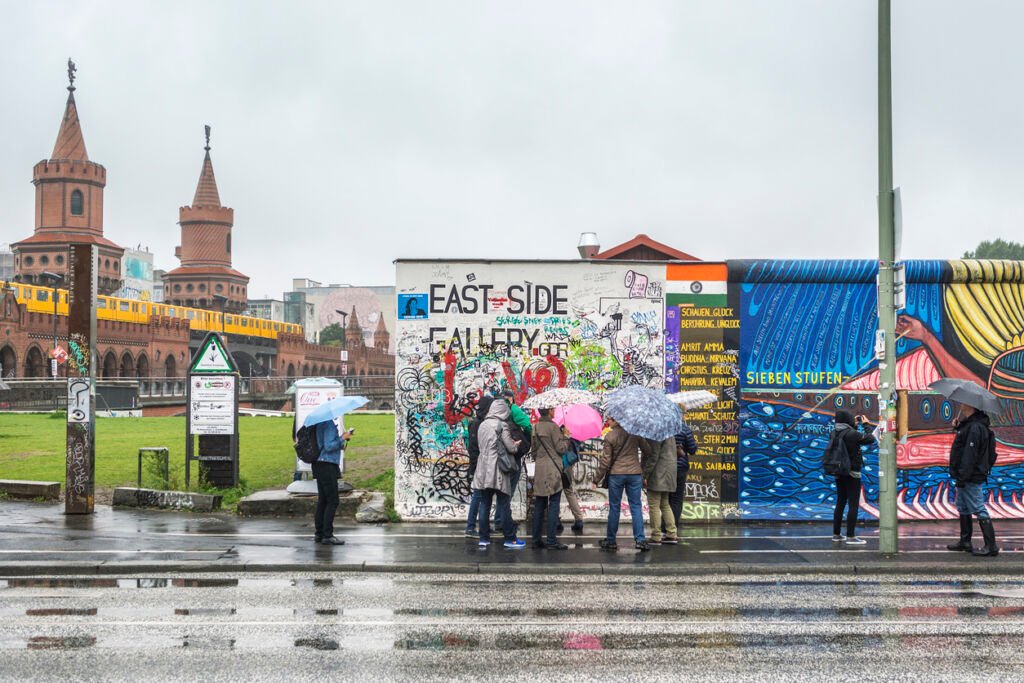
Which Is Best For Activities?
Despite both being big German cities, Berlin and Munich offer very different travel experiences. In Berlin, you’ll find that the focus is very heavily placed on history, with most travellers wanting to spend time at the key monuments and landmarks. However, it also has family attractions and more modern, trendy districts to explore, with a nice blend of old and new.
In Munich, meanwhile, there’s more emphasis on cultural experiences. The Oktoberfest event is, of course, the most famous example. But even if you visit at other times of year, you’ll find many ways to embrace and engage with local culture, such as brewery tours, craft shopping, beer tasting, and museum visits. Let’s take a closer look at the key activities in each city.
Berlin: The Activities
As stated above, Berlin is all about history. This story has a million stories to tell, and you can see and feel the echoes of times gone by as you make your way around, with so many famous landmarks to admire, like the beautiful Brandenburg Gate, built way back in the 18th century, or the iconic Reichstag, which serves as the seat of Germany’s parliament.
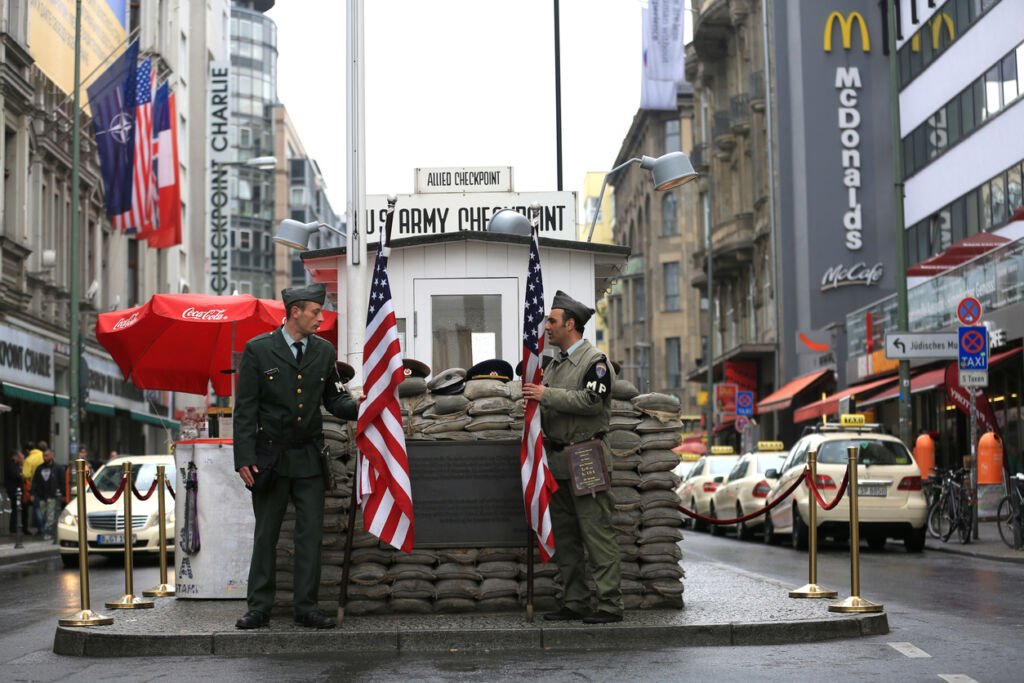
Then, there’s the Berlin Wall. While most of it was famously torn down in ‘89, parts of this legendary structure still stand. Visitors can pay their respects and almost feel the aura emanating from the last pieces of concrete at the Berlin Wall Memorial, or head to the famed East Side Gallery, where artists have painted murals along a still-standing section of the wall.
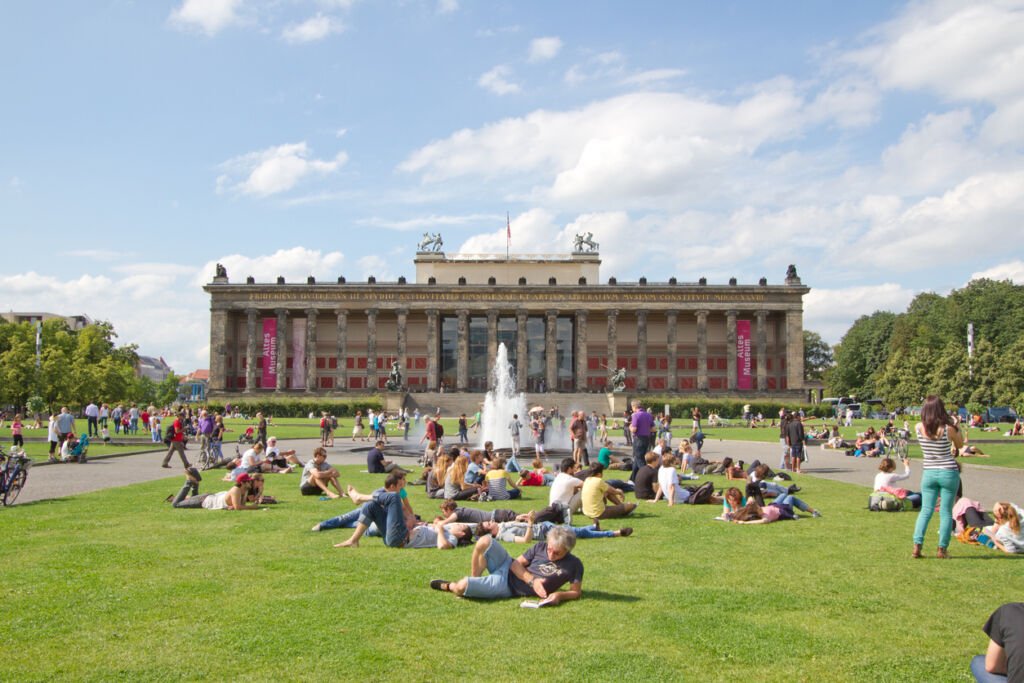
To dig even deeper into the city’s past, you might like to head over to Berlin’s Museum Island. That’s where you’ll find the city’s biggest and most impressive museums, with more than enough artworks and artifacts to fill several days of your itinerary, including everything from Renaissance artwork to relics from the days of Ancient Egypt.
But Berlin is also a forward-thinking city, with a very modern side that’s also worth checking out. There are lots of hip neighborhoods to explore for those who want to get off-the-beaten-path, like the café-filled, post-industrial hub of Friedrichshain, multicultural center of Neukoln, or the super cool Kreuzberg district, with some of the city’s best bars. Parks, lakes, and even a zoo round out the list of Berlin’s best attractions.
Munich: The Activities
Like Berlin, Munich has a lot of history, and one of the best places to start your exploration of this city is in the Altstadt, or Old Town. Forming the historic center of this city, the Altstadt is a pretty, romantic area with multiple beautiful buildings, like the Altes Rathaus and the Neues Rathaus, with its decorative gargoyles and Gothic Glockenspiel.

Of course, no visit to Munich can be complete without a bit of Bavarian culture. One of the best ways to experience what this area is all about is by visiting one or more of the many beer halls and gardens across the city, or even taking a brewery tour. There are also countless amazing eateries to sample Munich’s famous sausages, cheeses, breads, and desserts.
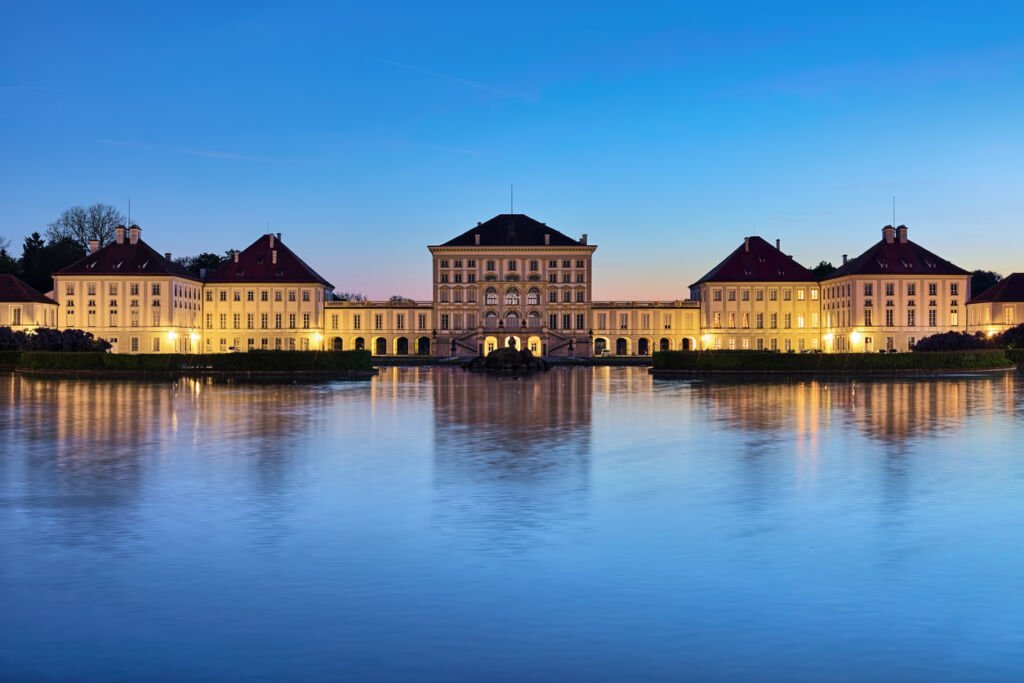
Munich also has many pretty palaces. Nymphenburg Palace, once home to the Bavarian royals, is a fabulous example, with wonderfully-preserved, decorative interiors and expansive gardens. The Munich Residence is worth checking out too, with more than 100 gorgeous, glitzy rooms, filled with art and ornate décor.
Then, there are the museums. The Museum Brandhorst is a haven for art lovers, while the Staatliches Museum Agyptischer Kunst is filled with ancient Egyptian treasures, all housed underground. Once you’re done with that, Munich also has massive parks, gardens, viewing platforms, and lots of trendy neighborhoods, just like Berlin, such as the art nouveau Schwabing area or student-friendly Maxvorstadt.
Overall, there’s lots to do in both Berlin and Munich. The right choice for you will mainly depend on what kind of experience you’re looking for. Berlin is almost unbeatable for history, while also having a raw, industrial side. Meanwhile, Munich is more about rich cultural events, beautiful architecture, and diverse museums.
Which Is Better For Festivals And Live Entertainment?
If you want to really dive into German culture during your stay in either Berlin or Munich, you might like to time your trip to coincide with a famous festival or live event. And, when it comes to festivals and events, both of these cities have a whole lot to offer, with jam-packed calendars of fun-filled entertainment.

Munich’s festival scene hardly needs an introduction. The Bavarian capital is famed for its legendary Oktoberfest celebrations, which are by far the best in Germany. Big mugs of beer, hearty food, fun games, and parades all form part of this 16-day celebration, and if you love fun and indulgence, you won’t want to miss out on this.

But that’s not all! Munich also has lots more live entertainment at other times of the year. There’s the music and circus Tollwood festival in summer, romantic garden balls, jaw-dropping Christmas markets, gigantic street parties to celebrate the city’s birth, and so on. Sports fans can also rejoice in Munich, as the city is home to Germany’s best soccer team: Bayern Munich.
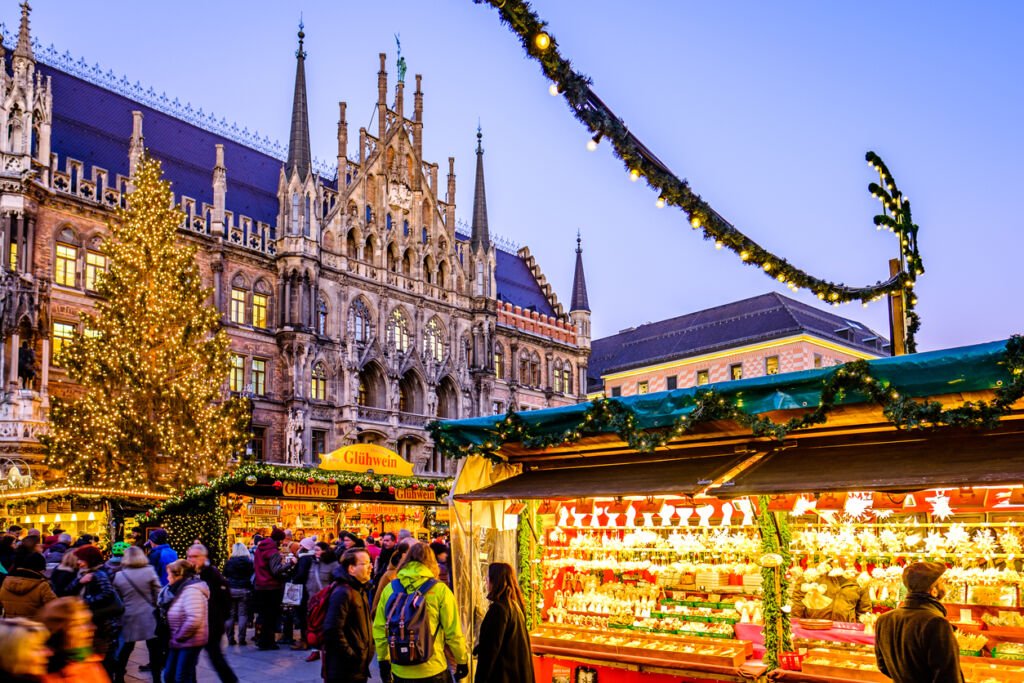
Munich certainly has an event calendar to envy, but Berlin is no slouch for festivals and live entertainment. It hosts an annual International Film Festival, the Carnival of Cultures, charming Christmas markets, and Berlin Art Week, which is a surefire hit with contemporary art aficionados.
Overall, Munich is the place to be for lively, dynamic fun times, but you can still enjoy great festivals in Berlin too, as long as you’re in the city at the right times.
Which Is Better For Shopping?
Shopping is a great pastime in both Berlin and Munich, and both cities can be described as world-class destinations for shopaholics, with a vast array of markets, malls, boutiques, and stores of all sizes and styles, selling pretty much everything you could ever hope to buy before heading home. But which is best?
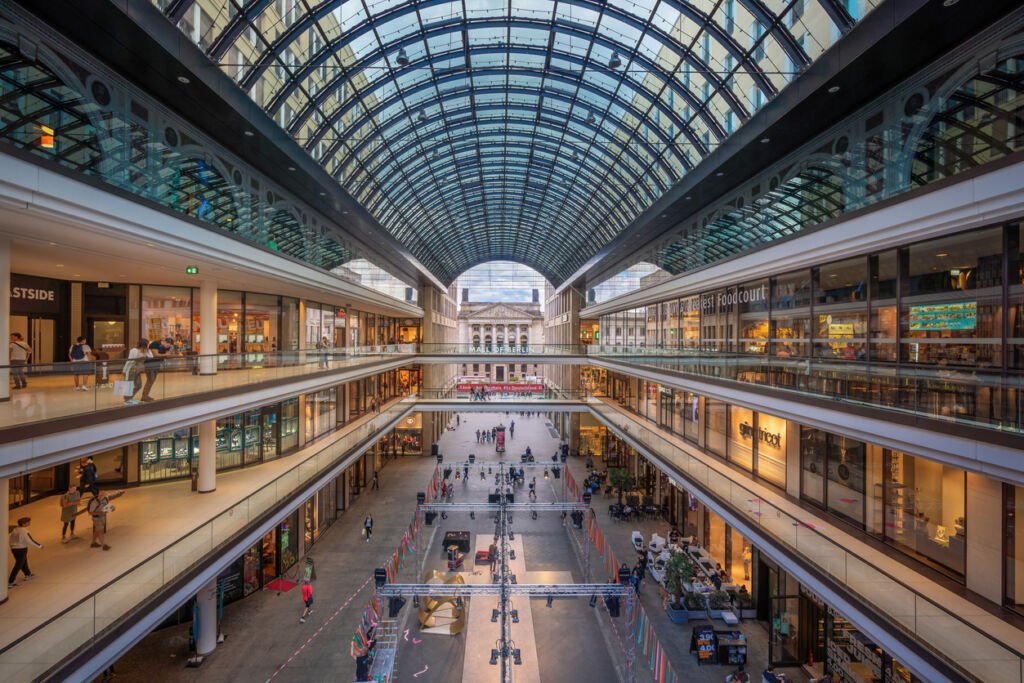
Well, Berlin’s shopping scene is something special. People travel from around Europe and beyond just to shop in this city, and it has so much to offer, from its massive Mall of Berlin, with over 300 stores, to its luxury boutique-lined Kurfurstendamm. There are also weekly markets, charming bookstores, vast antique emporiums, and everything in between.
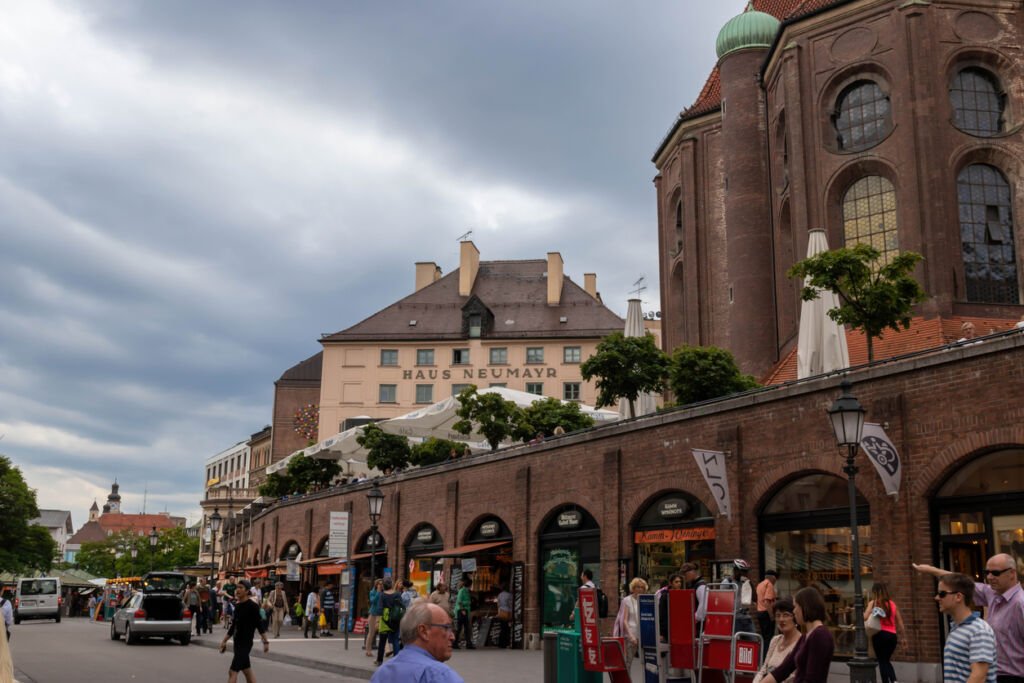
Not to be outdone, Munich also has a lot to offer in the shopping stakes. Fashionistas can while away the hours in the upscale boutiques of the Maximilianstrasse, while those looking for local tastes can head to the 200-year-old Victuals Market. The Olympia Shopping Mall is also worth checking out, with more than 130 shops overall.
It’s tough to call a winner here, but Berlin is probably just a little better for shopping than Munich, as it’s a bigger city with even more options than its Bavarian counterpart.

Which Is Better For Nightlife?
Want to stay out after dark, visiting bars and clubs and mingling with the locals until the early hours? In that case, you’ll have a fantastic time in either Berlin or Munich, as both of these cities, once again, have terrific nightlife scenes.
Berlin’s nightlife is legendary, and people of all ages flock to the German capital to experience its crazy clubs and thumping beats. There are countless places to party all over the city, especially in the center, where you’ll find no shortage of rooftop lounges, wild dance clubs, wine bars, and traditional taverns.
Munich, too, has a thrilling nightlife scene. Areas like Gärtnerplatz and Glockenbachviertel are filled to the brim with trendy bars, cozy pubs, and quirky hangouts galore. And, since this city is so well-known for its beer, you’ll never have a hard time finding a good place to drink and chat with locals deep into the night.
Overall, neither city is necessarily better than the other in terms of nightlife. Berlin probably has the edge in terms of actual clubs and dancing, but Munich is the better pick if you simply want to drink some super German beers and experience the local culture.
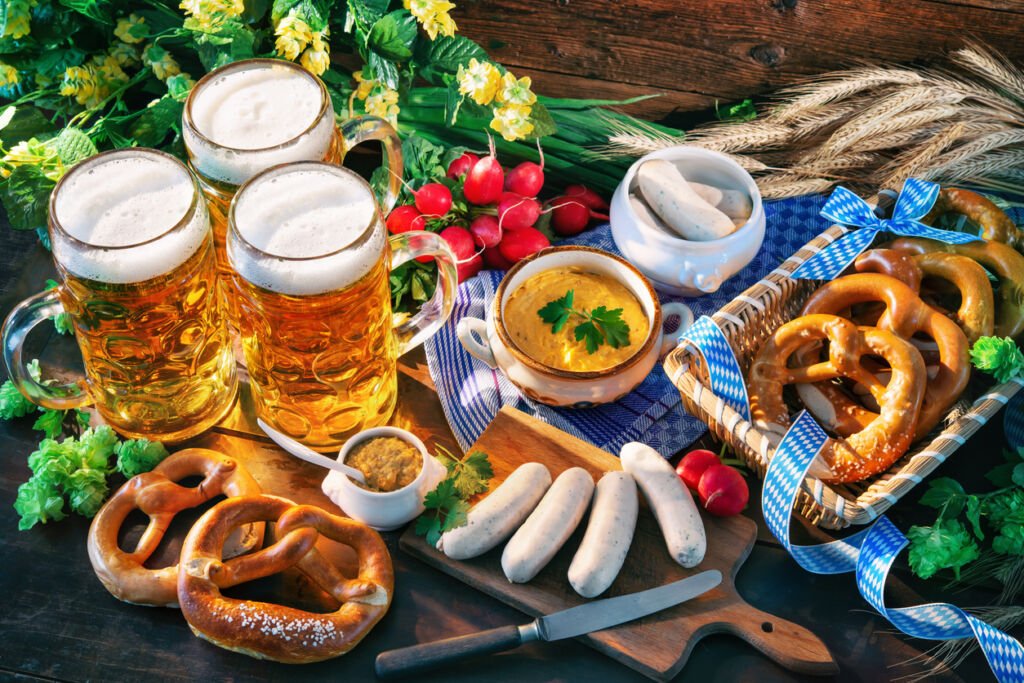
Which Is Better For Food?
German food is some of the finest in all of Western Europe, with lots of rich, hearty dishes, filled with meats, veggies, and strong flavors. The country is particularly famed for its wurst, or sausages, and you’ll find plenty of super places to sample the local tastes in both Berlin and Munich.
As the capital of Germany, Berlin naturally attracts many of the nation’s best chefs and has a long list of high quality restaurants. It’s easy to try the classic German favorites, like currywurst and bratwurst, in Berlin, but you can also find many diverse menus, covering everything from French and Italian food to Asian delights and much more.
In Munich, too, you can easily find all sorts of eateries, from pizzerias to sushi bars. But the real stars of the show are the traditional Bavarian restaurants. Bavaria is a big contributor to German cuisine and is home to some of the nation’s best dishes, like schnitzel, weisswurst, leberkäsem and spaetzle, making Munich the perfect place to truly embrace German food.
Overall, the best city for you will depend on your culinary preferences. If you want lots of variety and menus from across the globe, head to Berlin. If you’d prefer to try the best traditional German dishes, pick Munich instead.
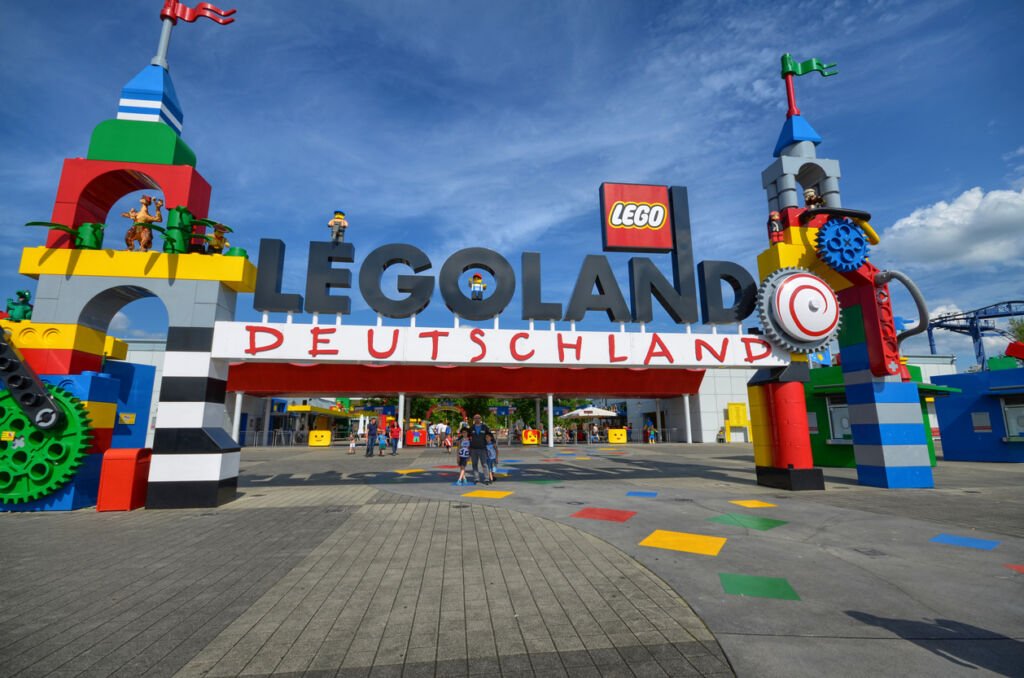
Which Is Best For Families?
Moms, dads, and kids can find lots to love in a trip to Munich or Berlin. If you head to Berlin, for example, little ones can have a lot of fun at the main family attractions like the very old and ornate Berlin Zoo or Tierpark. There’s also a Legoland in Berlin for little Lego fans, along with a video game museum and, of course, all the historic sites to amaze older children.
Munich also has a zoo with lots of animals to meet, as well as gorgeous gardens, like Englischer Garten, and vast parks to explore. You’ll find plenty of cozy spots for picnics and playtime down by the Isar, as well as many museums to both entertain and educate kids of all ages, like the BMW Museum, Children’s Museum, and Deutches Museum.
Overall, there’s no obvious winner. You’ll find a bit more diversity in terms of attractions and activities in Berlin, but Munich is a prettier city with more of a family-friendly vibe. It all depends on the tastes of you and your kids.

Which Is Best For Couples?
Berlin and Munich are also fine destinations to consider for a couple’s city break, with lots of activities and attractions in each one. But which is the more romantic and appealing destination for the average pair of partners?
Well, if romance and beauty are what you’re looking for, head to Munich. It’s a more scenic and visually impressive city in many ways, with grand old palaces, gorgeous architecture, and charming historic streets to explore, coupled with lots of parks and gardens, many museums, and plenty of fun, lively entertainment for any couple.
Berlin can’t quite match Munich visually, as it’s a much grayer city. However, it can still appeal to couples, especially those who are interested in history. You’ll find many unique historic landmarks to visit, along with the famous museums of Museum Island and some truly world-class restaurants.
Overall, most couples will probably prefer a trip to Munich over Berlin, thanks to Munich’s more romantic, charming atmosphere.
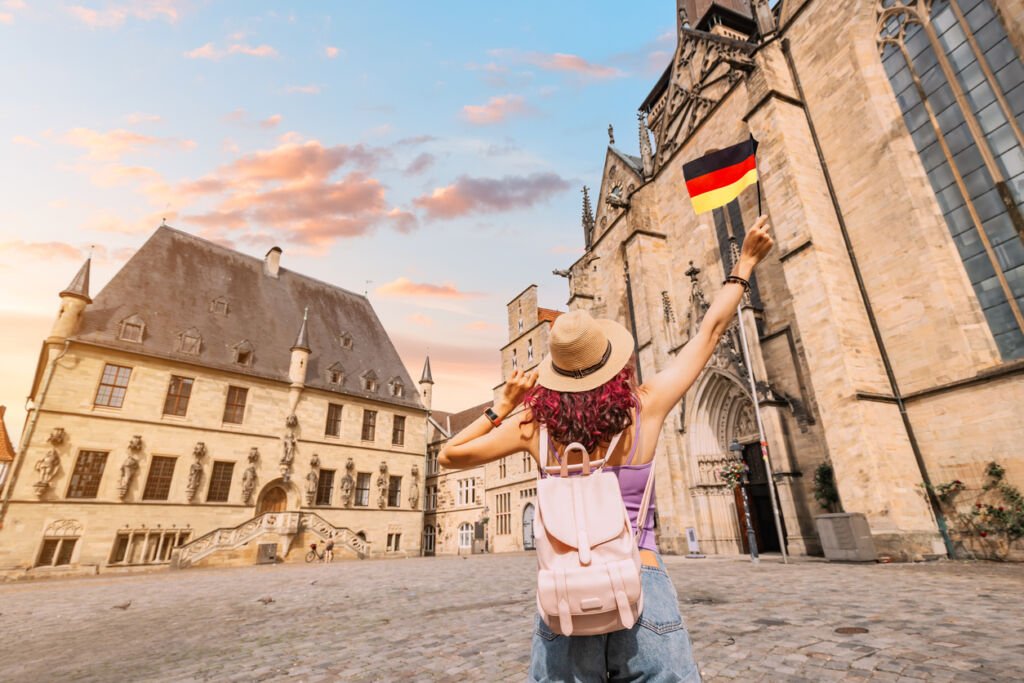
Which Is Best For Backpackers?
Backpackers may also like to plan a trip to either Berlin or Munich, as both of these cities are very backpacker-friendly, with lots of cheap hostels and very long lists of must-see landmarks and attractions.
Backpackers with a fascination for history or art can have a blast in Berlin. From the Reichstag to the East Side Gallery, this city is filled with those “bucket list” locations that every traveler wants to see at least once. Berlin also has a really wild nightlife scene, ideal for young adventurers who love to party.
Munich is also a prime backpacking destination. It’s wonderful for those who want to fully immerse themselves in traditional German culture, with so much tasty food, so many charming pubs, and such friendly local people waiting to greet you. For a truly unforgettable experience, be sure to visit during Oktoberfest or one of the other big celebrations.
Overall, it’s tough to call a clear winner, once again. It all depends on what kind of trip you’re looking for. History lovers will undoubtedly favor Berlin, but those seeking rich cultural experiences will most likely prefer Munich.
Which Is Cheaper?
In terms of money, there’s not a huge difference between Berlin and Munich, although you will usually spend a little more in Munich on things like food and hotels. Prices tend to go up quite a lot around Oktoberfest, too, which can be frustrating for budget-conscious travelers who want to enjoy the big event.
However, given the vast size of these cities and the huge range of hotels and eateries in both of them, it’s perfectly possible to plan a budget-friendly stay in either one. It’s simply a question of booking in advance and choosing your food and dining options with care to suit your specific budget.

Where to Stay According to your Budget
Berlin
Budget: The Leonardo Royal Hotel Berlin Alexanderplatz, located in the heart of Berlin’s Mitte district, is a 4-star Superior haven. It boasts air-conditioned rooms with free WiFi, a top-floor sauna, and fitness area. The spacious rooms feature large windows and chic decor. Guests can savor Mediterranean cuisine and a buffet breakfast at the Vitruv restaurant. With convenient access to public transportation and Volkspark Friedrichshain Park, this hotel blends modern comfort and accessibility. See photos and rates!
Luxury: The NH Collection Berlin Friedrichstrasse, a 4-star-Superior hotel, graces the renowned Friedrichstrasse in central Berlin. Located next to Friedrichstrasse Train Station, it’s within walking distance of iconic landmarks such as the Brandenburg Gate and Unter den Linden boulevard. The hotel offers luxurious rooms with modern amenities, a fitness room, sauna, and a delightful dining experience. With a prime location, it’s the perfect base for exploring Berlin’s cultural treasures. See photos and rates!
Munich
Budget: Novotel München City, elegantly renovated in 2018, offers peaceful, soundproofed rooms and a spa with a pool. Situated 5 minutes away from Marienplatz Square and Munich Central Station via the S-Bahn train, and a short walk from the Deutsches Museum. The 4-star hotel provides air-conditioned rooms with complimentary hot drink facilities and soothing decor. The Flave restaurant and bar offer a delightful fusion of local and international cuisine. With a business corner and free internet terminals, Novotel caters to both business and leisure. Adults can relax in the sauna, while young guests can enjoy the playroom. The hotel also offers rental bicycles for Munich exploration, with Rosenheimer Platz S-Bahn Station just a 2-minute walk away. See photos and rates!
Luxury: JAMS Music Hotel Munich is a harmonious retreat adjacent to Maximiliansanlagen Park, just moments from Munich’s bustling city center. Stylish rooms with internet access invite you to unwind in comfort. Convenient tram services to Munich Central Station and the city’s attractions are steps away. The hotel is within 328 feet of the Gasteig Cultural Center, home to the Munich Philharmonic Orchestra, and a short stroll from the Deutsches Museum, the world’s largest museum of technology and science. Start your day with a rich à la carte breakfast at JAMS Music Hotel Munich. See photos and rates!
Berlin vs Munich: Which Is Better?
Overall, both Berlin and Munich are fabulous cities and super vacation destinations, but offer totally different experience. The former is very much focused on historical sites and its wild nightlife scene, while the latter is more about fairy tale-style palaces and more traditional German activities.
Of the two, Munich may be the better choice for most travelers. It’s the more beautiful and romantic city, with greater appeal for couples and so much to enjoy for visitors of any age. This city is a real pleasure to walk around, with architectural delights around every corner and some of the most fun festivals on Earth.
With that said, Berlin should never be overlooked. Its landmarks, like the Berlin Wall Memorial and Brandenburg Gate, are moving and powerful relics of times gone by, and its modern side, with trendy neighborhoods, diverse cuisine, and action-packed nightlife, can also appeal to many kinds of travelers.


